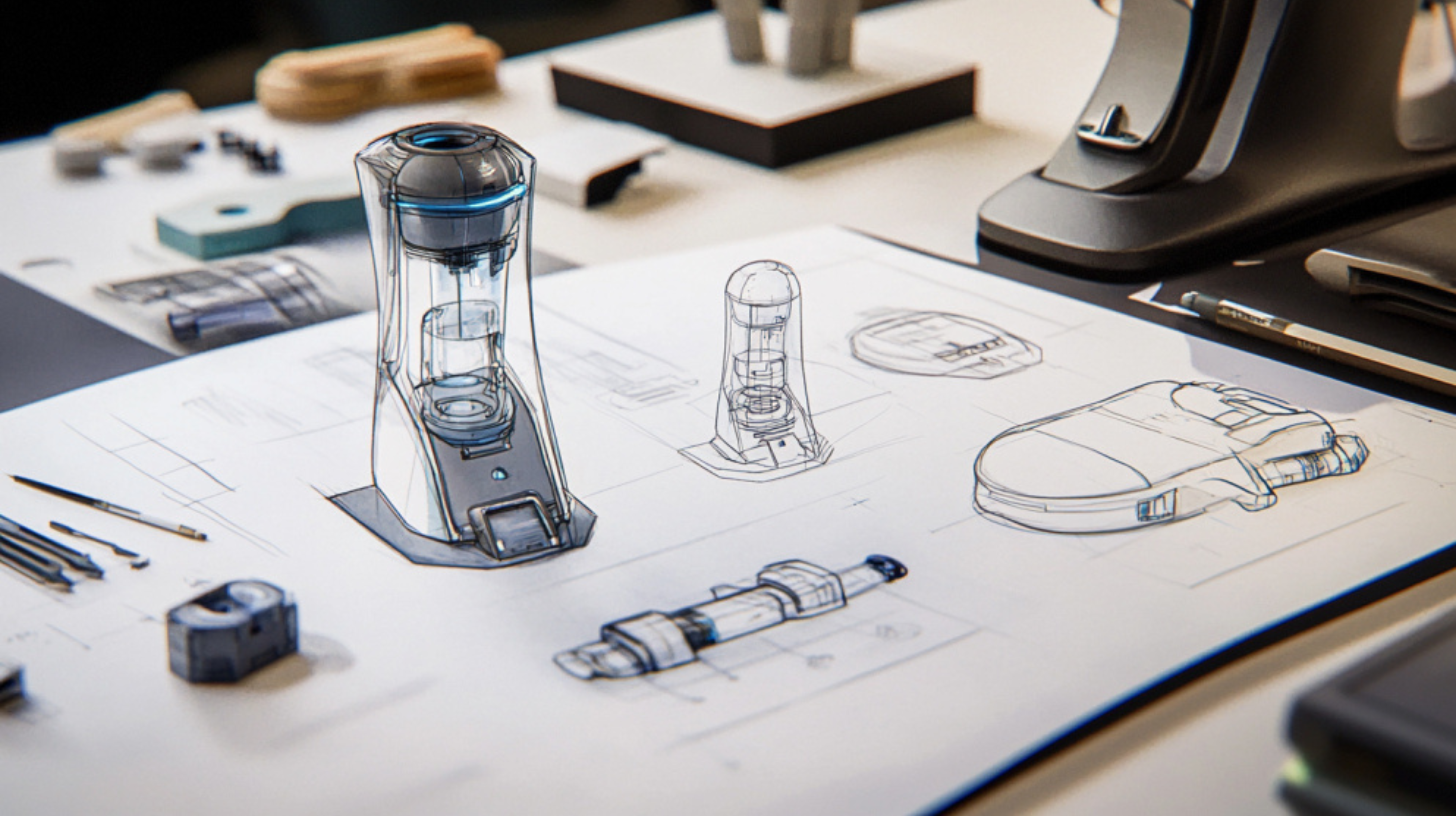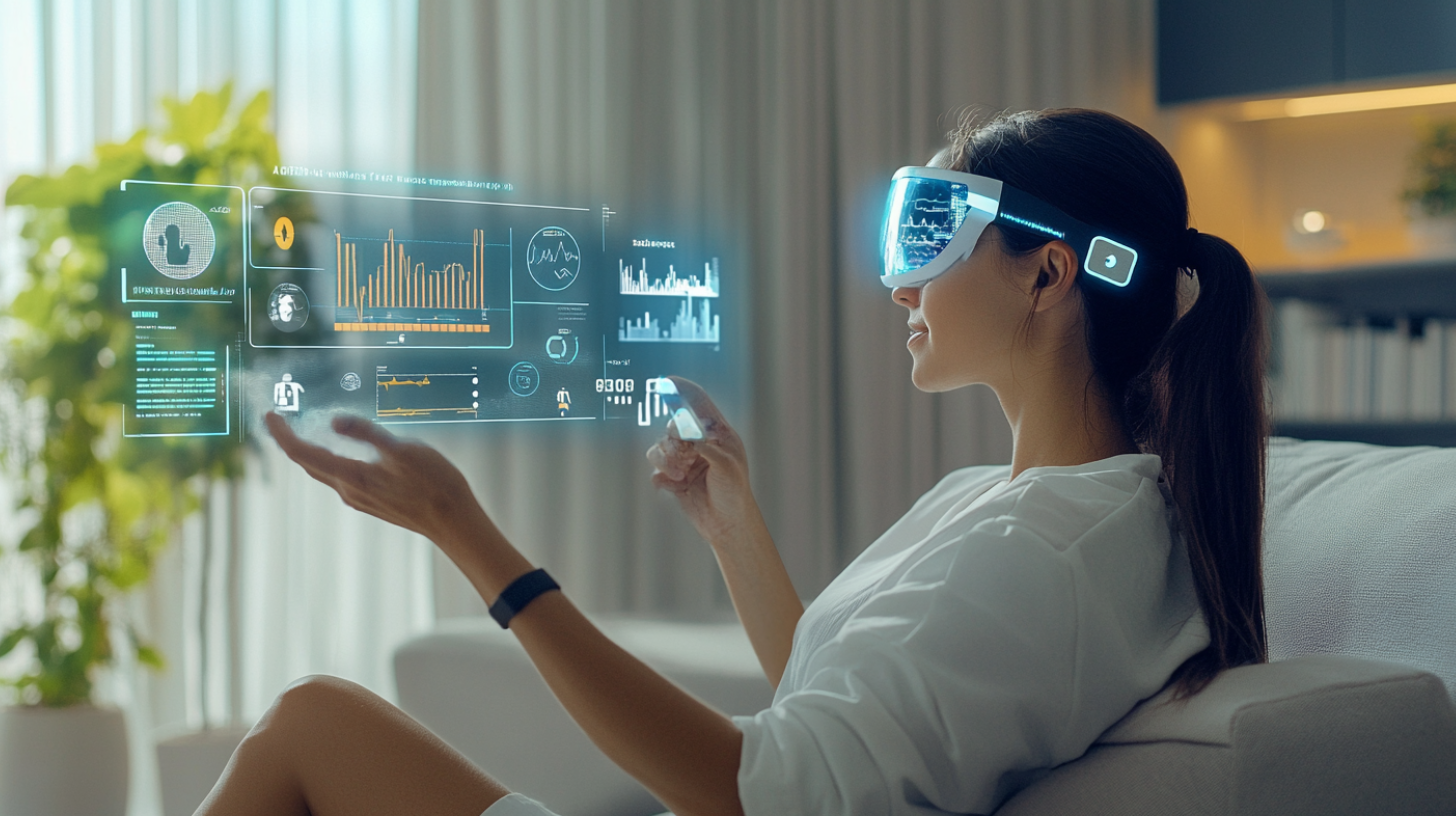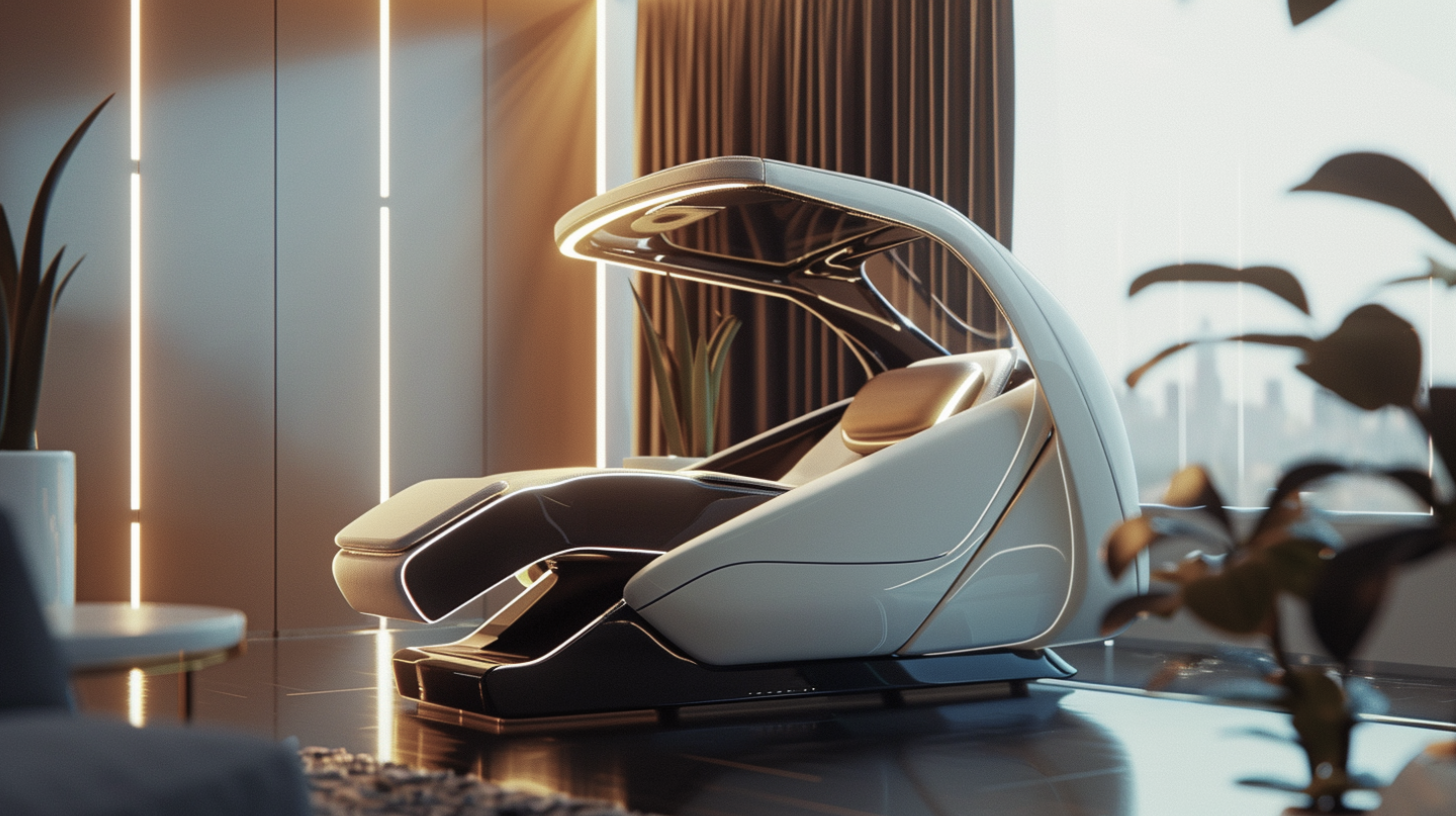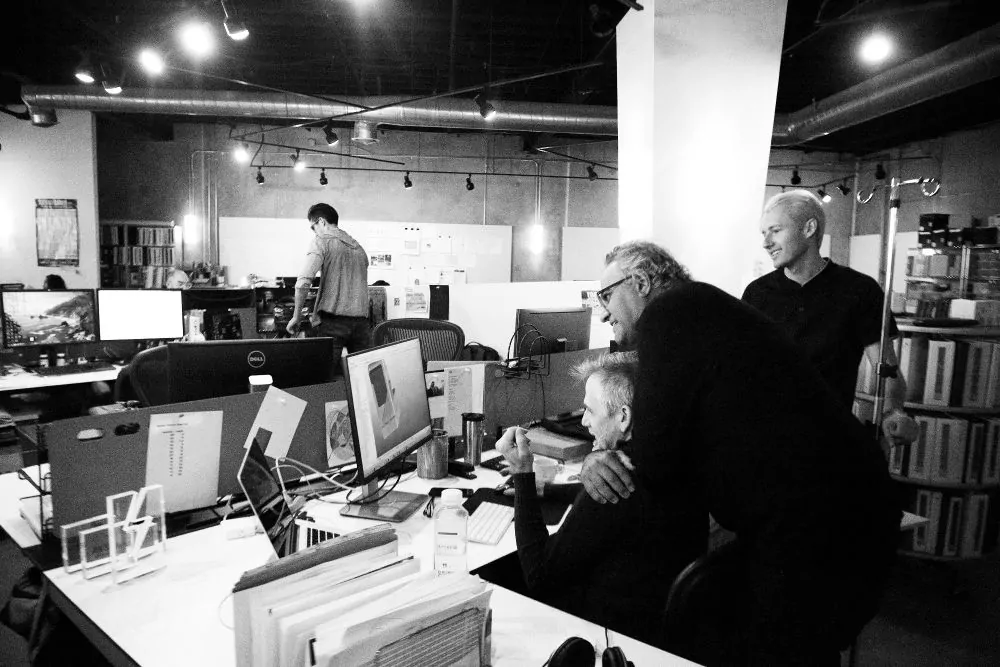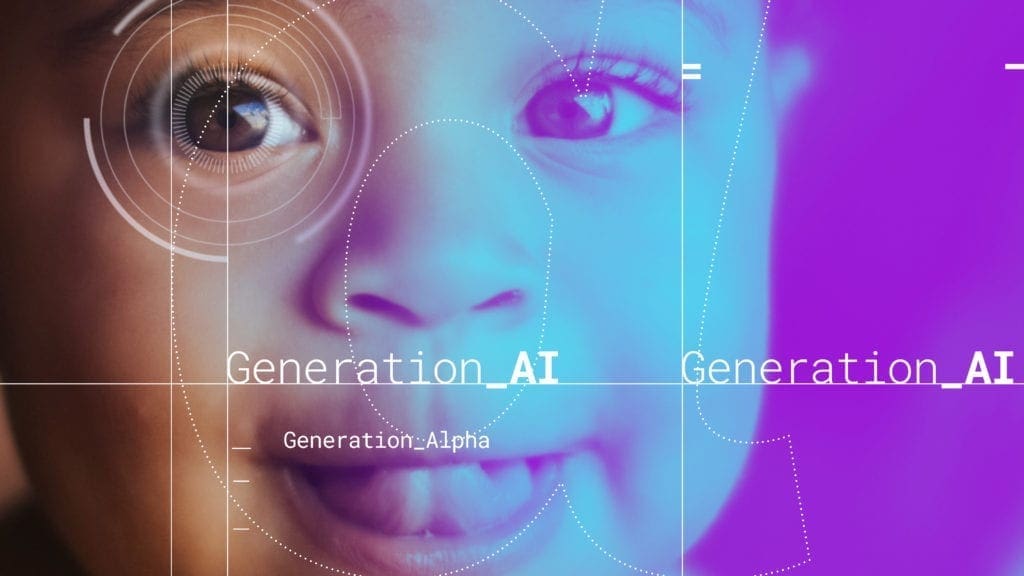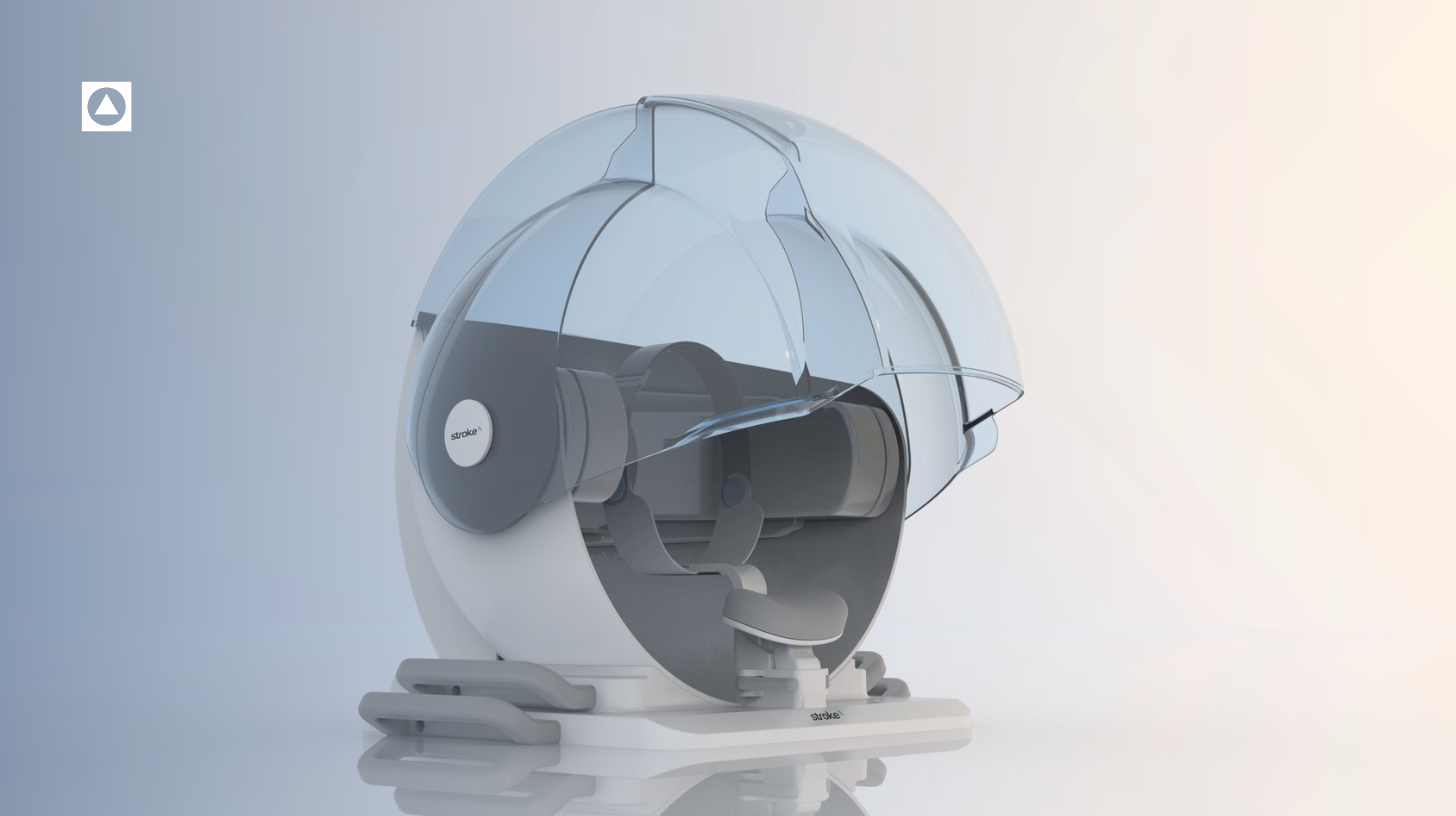[ux_image id=”3630″ image_size=”original”]
As a design and innovation consultancy, we are often looking at technology and how to apply it to new solutions. Additionally, we have to understand how it impacts different generations of users. Today, companies are chasing elusive answers to the future of their businesses and how A.I. and voice will disrupt their category. By 2030, 38% of jobs will be automated with transportation, manufacturing, and retail, taking the biggest hits. This automation will create the need for highly specialized skills for work. We recently read a study on the predictions of Generation Alpha, here are two of the most interesting takeaways.
Intelligence and Video Games
Growing up, we were told that video games made you stupid or that increased amounts of screen time were detrimental to your learning ability. New studies are showing the opposite. New findings are showing how video games enhance visual skills, and video games improve intelligence. With the rise of Twitch, we are even seeing people making large sums of money playing video games and colleges giving out scholarships for gamers. There are concerns that we are losing our ability to remember information given our reliance on technology and the ability to search for answers via phones. If it is true that video gaming is improving intelligence, is there a way to purposefully design digital tools to enhance intelligence further?
Voice as the New Screen
Voice is a significant driver in innovation today. Everything from toys, cars, medical, and consumer products are looking at ways to integrate this technology and enhance the capabilities for broader adoption. Some believe that voice will replace screens which have become ubiquitous in the last decade. While we may see fewer screens, there will still be a need for visual interactions. Screens and voice will need to be designed to work cohesively together as a supplement, not a replacement.
There is a fear that voice could impact brands and how people shop, especially on platforms like Amazon. If there is no visual representation in the shopping experience, then brands may suffer to create loyalty and position themselves from their competition. Can we design the roles of voice and screen technology in the shopping experience to overcome these challenges and enhance the future of shopping?

